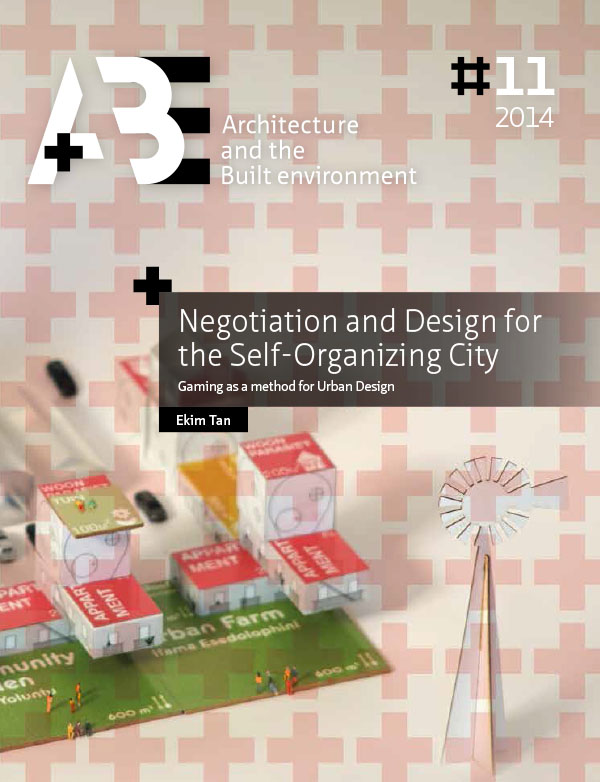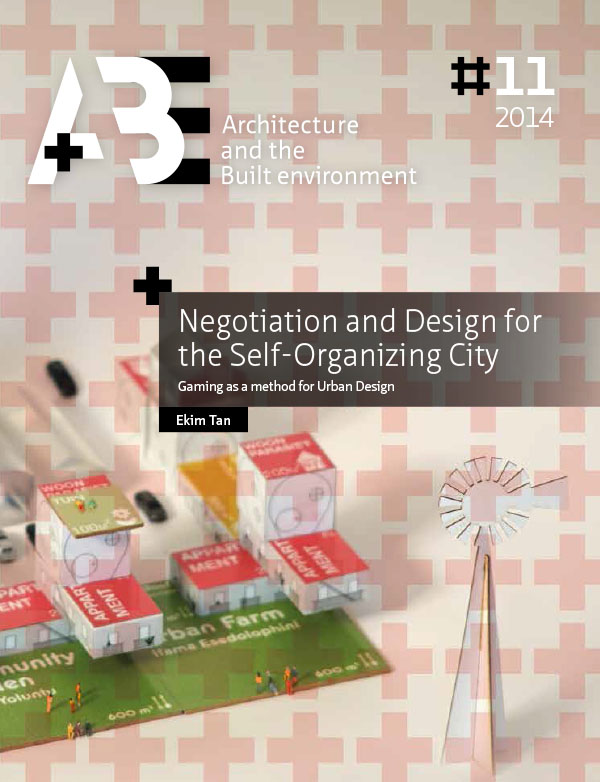- Engels
- Study
- nature & science
- NEGOTIATION AND DESIGN FOR THE SELF-ORGANISING CITY
TAN, EKIM
NEGOTIATION AND DESIGN FOR THE SELF-ORGANISING CITY
39,95incl BTW
Vertrouwd sinds 1927
Persoonlijke aandacht en advies
Vanaf 17,50 gratis verzenden NL & BE
Meer dan 150.000 artikelen online
Omschrijving NEGOTIATION AND DESIGN FOR THE SELF-ORGANISING CITY
An understanding of cities as open systems whose agents act on them simultaneously from below and above, influencing urban processes by their interaction with them and with each other, is replacing the simplistic debate on urban participation which a
sks whether cities should be organized bottom-up or top-down. This conceptualization of cities as complex systems calls for new collaborative city-making methods: a combination of collaborative planning (which already embraces various agencies and de
rives decision-making from negotiations between them) and collaborative design (existing methods rely on rule-based iterative processes which control spatial outcomes). While current collaborative planning methods are open and interactive, they fail
to simulate realistic power negotiations in the evolution of the physical environments they plan; collaborative design methods fall short in modelling the decision-making mechanisms of the physical environments they control. This research is dedicate
d to building an open negotiation and design method for cities as self-organizing systems that bridges this gap.
sks whether cities should be organized bottom-up or top-down. This conceptualization of cities as complex systems calls for new collaborative city-making methods: a combination of collaborative planning (which already embraces various agencies and de
rives decision-making from negotiations between them) and collaborative design (existing methods rely on rule-based iterative processes which control spatial outcomes). While current collaborative planning methods are open and interactive, they fail
to simulate realistic power negotiations in the evolution of the physical environments they plan; collaborative design methods fall short in modelling the decision-making mechanisms of the physical environments they control. This research is dedicate
d to building an open negotiation and design method for cities as self-organizing systems that bridges this gap.
Specificaties
- MerkBK Books
- GroepEXACTE WETENSCHAP (910)
- Barcode9789461863560
- LeverstatusActief
Reviews
0.0/5.0
Gemiddelde uit 0 reviews
Meest behulpzame reviews
Nog geen reviews geschreven


